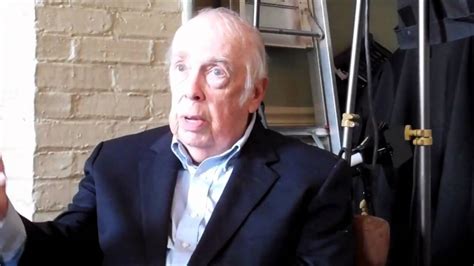A Quote by Gore Vidal
From April 1775 to July 1776, the undeclared war between England and its American colonies smoldered, flared up, appeared to sputter out... It was hardly, ever, a mass rebellion.
Related Quotes
The War of the Roses in England and the Civil War in America were both intestinal conflicts arising out of similar ideas. In the first the clash was between feudalism and the new economic order; in the second, between an agricultural society and a new industrial one. Both led to similar ends; the first to the founding of the English nation, and the second to the founding of the American. Both were strangely interlinked; for it was men of the old military and not of the new economic mind - men, such as Sir Humphrey Gilbert and Sir Walter Raleigh - who founded the English colonies in America.
Slavery wasn't something that grew up in the American South. and black people were not the first to be slaves in America. Before them there were 'indentured laborers,' taken out of jails in England and Scotland and so forth and brought to the colonies to work out their terms in the fields and then be set free.
Whether the struggle was between English merchants and the American colonies, pre Civil War northern manufacturers vs. southern slave holders, or American grain farmers and auto manufacturers seeking advantage in the Mexican agriculture and labor markets in the 1990s, U.S. policy has reflected the economic clash of interests of the day.
God forbid we should ever be twenty years without such a rebellion... We have had thirteen States independent for eleven years. There has been one rebellion. That comes to one rebellion in a century and a half, for each State. What country before ever existed a century and a half without a rebellion.
Postcolonial critics are, I suspect, wrong when they argue that the mass of British people still mourn the loss of empire. But Britain's politicians - and its Foreign Office - have found it hard to adjust to the loss, not so much of onetime colonies as of the global clout the colonies once afforded.






































